Undoubtedly, personal development books have a rather negative reputation. Diet books that guarantee you can lose 25 pounds in two weeks without exercising come to mind. Or possibly books on relationships or spirituality that will guide you to love in 17 simple stages The shelves of bookstores and libraries are full of books like this, but not all self-help or self-development books are made equal.
Shakespeare, Orwell, Austen, and other famous authors are recommended reading at school. There is a case to be made for reading books that inspire you to live a deeper, richer, and more meaningful life even if they are definite must-reads for every keen reader. After all, personal development books are exactly what they sound like: publications that assist you in becoming the person you desire. While you're still in school, there is no better moment to begin reading books that will help you develop into the greatest, happiest, and most successful version of yourself.
We've created a list of the top 10 books on personal development that every student should read because of this. You will learn a few lessons from them that you might carry with you for the rest of your life, even if you just read one of them.
Small Move, Big Change
by Caroline Arnold
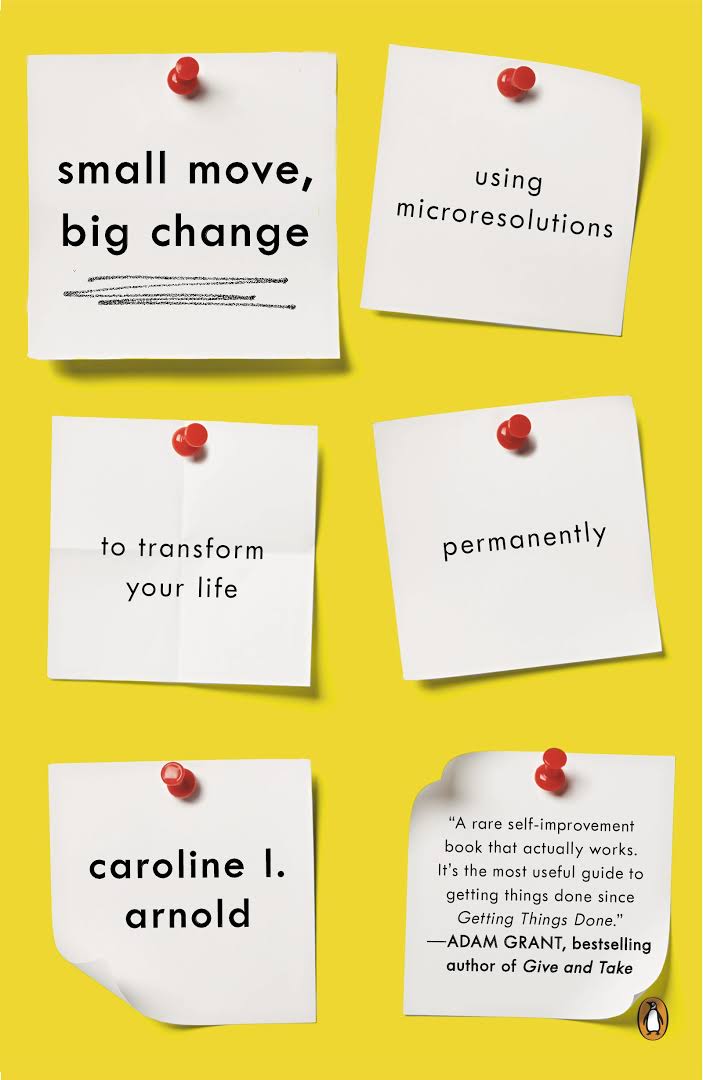
Have you ever made a commitment to yourself that you won't wait until the last minute to write a term paper only to break that vow as soon as classes started? Why did you find it difficult to keep your new resolution?
In her book Small Move, Big Change, Caroline Arnold delves into this issue and finds that the majority of us fail to maintain our resolutions because they are too broad and ambitious.
We may make long-lasting changes in almost any aspect of our lives by adopting "microresolutions," or minor behavioural adjustments, into our everyday routines. The key is to recognise our routines and outside stimuli that might be connected to little resolutions that stay because they are so doable. Anyone who wants to modify their behaviours should read this.
The Last Lecture
By Randy Pausch
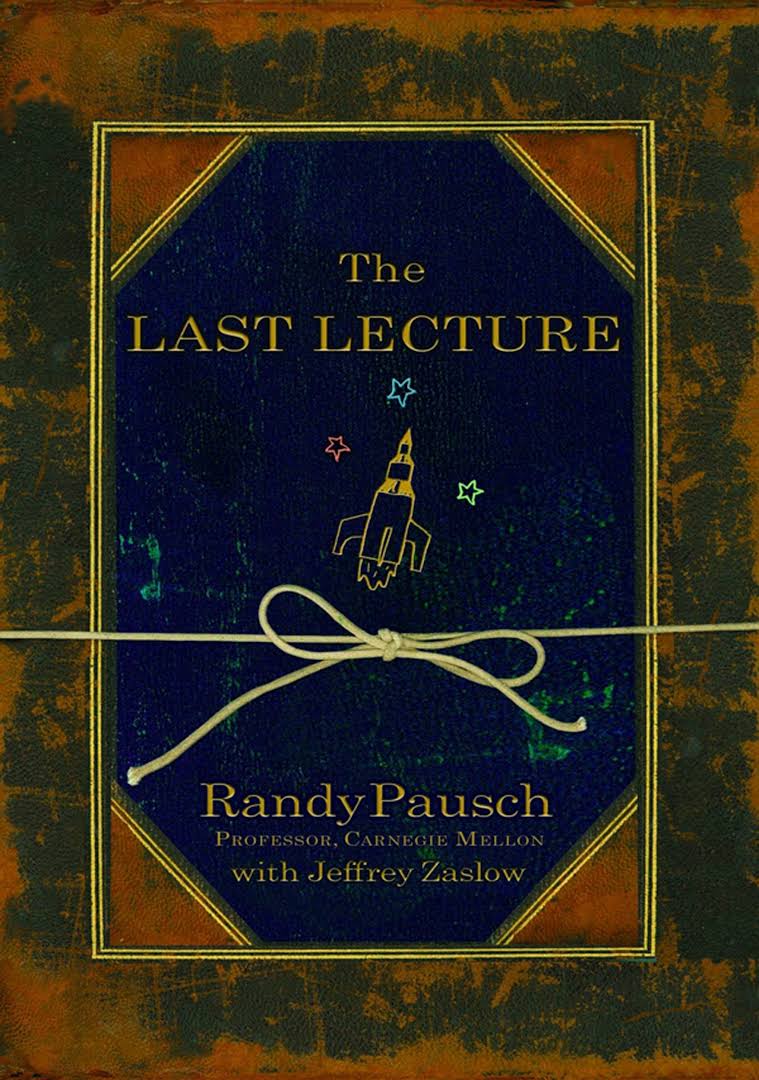
If you knew you just had a few months left, what would you discuss? That was the query that Professor Randy Pausch had to respond to a month after receiving a fatal cancer diagnosis.
This book is based on his now-iconic lecture, "Really Achieving Your Childhood Dreams," in which he invites his students and readers to reflect on their own childhood aspirations and identify their then-primary goals and objectives.
He doesn't advise you to join the circus or train to be an astronaut, but he does encourage you to live the life you actually want, free from social pressures or what you're "supposed to do."
With additional experiences from Pausch's own upbringing that he wished to pass on to his children, the book supplements the lecture.
The Happiness Project
by Gretchen Rubin

Gretchen Rubin has established a reputation as somewhat of an authority on happiness since the release of this best-selling book. Most people concur that pursuing happiness is the most important thing in life, and most parents would even state that their greatest want for their children is for them to be content. Why then is it that putting our own pleasure first is so frequently viewed as selfish in today's society?
Rubin decided to study happiness and devoted an entire year of her life to her "happiness project" after realising that she wasn't as content as she should be given how wonderfully her life was going. She meticulously monitored her routines and behaviours that made her happier while concentrating on 12 various aspects of her life. Rubin provides readers with a guide to help them make their own happiness, even though "everyone's happiness project will be different."
Anyone who wants to actively learn what makes them happy and how to better their lives in accordance with their ideals of happiness should read this.
Failing Forward: Turning Mistakes into Stepping Stones for Success
by John C. Maxwell

Early on, we are trained to avoid failure at all costs. Surely you don't want to be a loser? However, everyone ultimately fails at some time in their lives. The question is not if we will fail, but rather, how will we react when we do? "When achievers fail, they regard it as a transitory occurrence, not a lifetime pandemic," argues John C. Maxwell.
Early on, we are trained to avoid failure at all costs. Surely you don't want to be a loser? However, everyone ultimately fails at some time in their lives. The question is not if we will fail, but rather, how will we react when we do? "When achievers fail, they regard it as a transitory occurrence, not a lifetime pandemic," argues John C. Maxwell.
The Attention Revolution: Unlocking the Power of the Focused Mind
by Alan Wallace
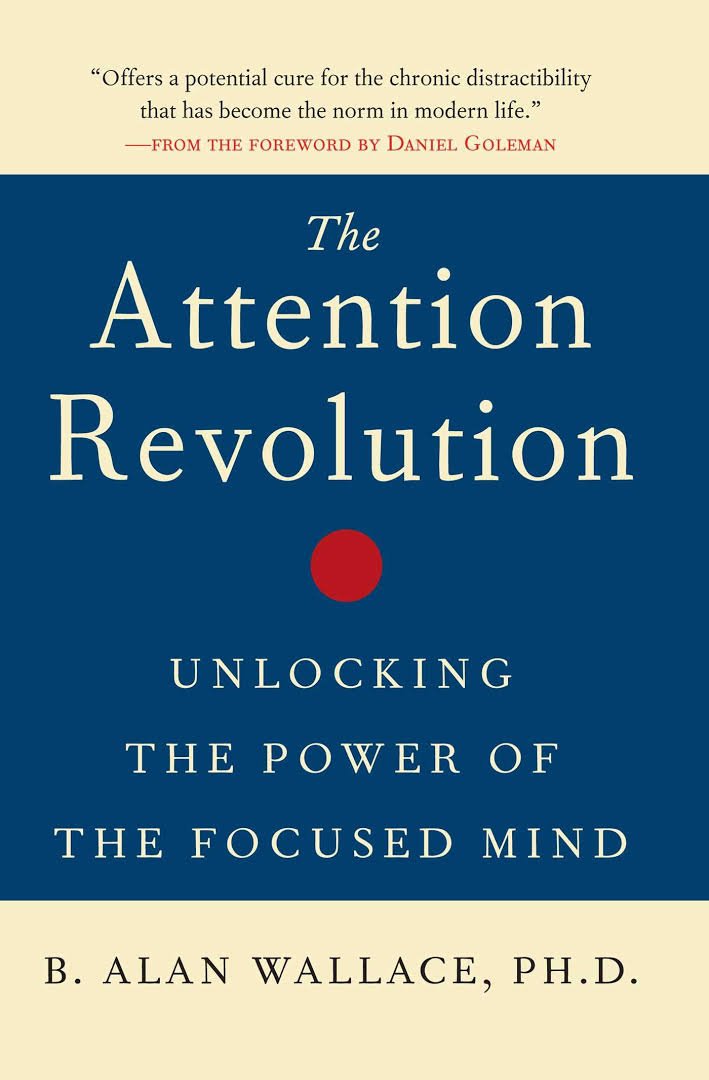
There has never been a time when there is so much technology competing for our attention. With the rise of smart phones, social media, and alerts, the average human attention span has fallen to that of the infamously scatterbrained gold fish. Even applications have been developed to aid us with our inability to concentrate, adding even another level of distraction to our daily lives.
Wallace offers various methods in The Attention Revolution for achieving the greatest level of Shamatha, a Buddhist meditation state of mind. You will be able to regain control of your attention and concentrate on everything you set your mind to, whether you're studying for an exam, engaging in a pastime, or playing a sport, employing some of the lessons given, despite the fact that it's nearly difficult to attain in just one lifetime.
Getting Things Done: The Art of Stress-Free Productivity
by David Allen
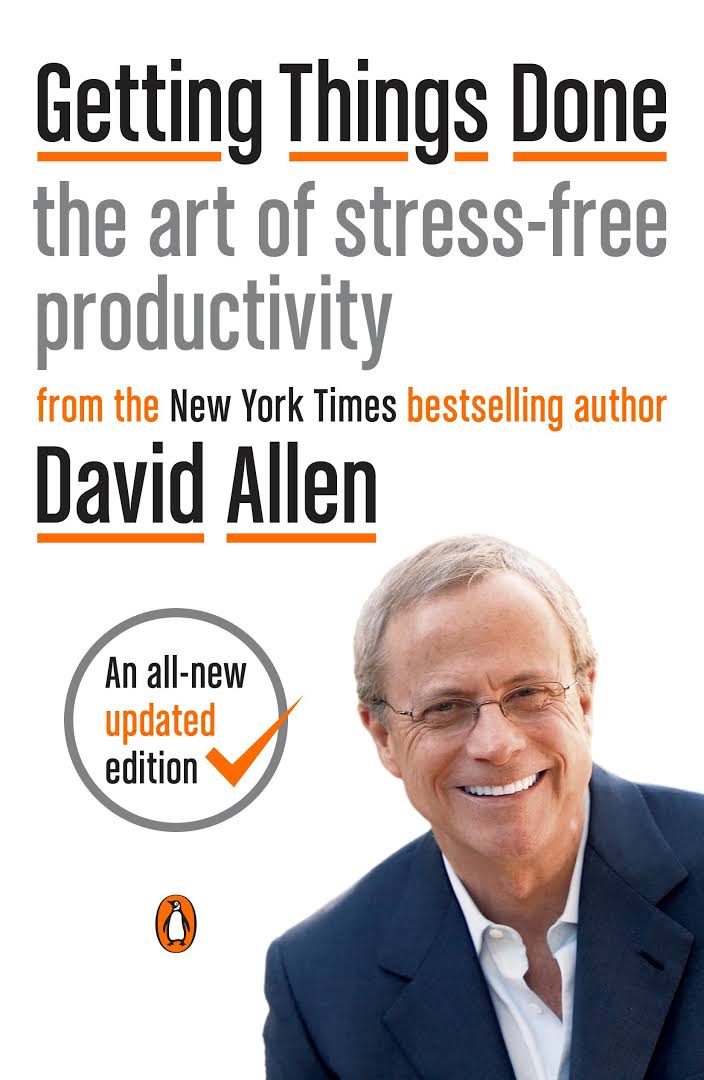
Even though the book's title might not immediately catch your attention, if you only read one book about productivity in your life, make it this one.
The Getting Things Done, or GTD, method's fundamental tenet is the notion that you should get all of your ideas and duties out of your head so they don't clog up your mental space. Apply the 2-minute rule first. Do something right now if it will take less than two minutes to finish. Follow a straightforward five-step procedure if it requires more time: capture, clarify, organise, reflect, and engage. You can essentially take charge of all of your projects and chores in life by adhering to these two rules. Sound easy? That is true, after all. You may immediately begin using it for your job in school, your hobbies, and other endeavours.
Allen has updated and made the book current for today's hectic and noisy world of multitasking, email, and social media, even though the original book was first released in 2001.
The 4-Hour Workweek
by Tim Ferriss
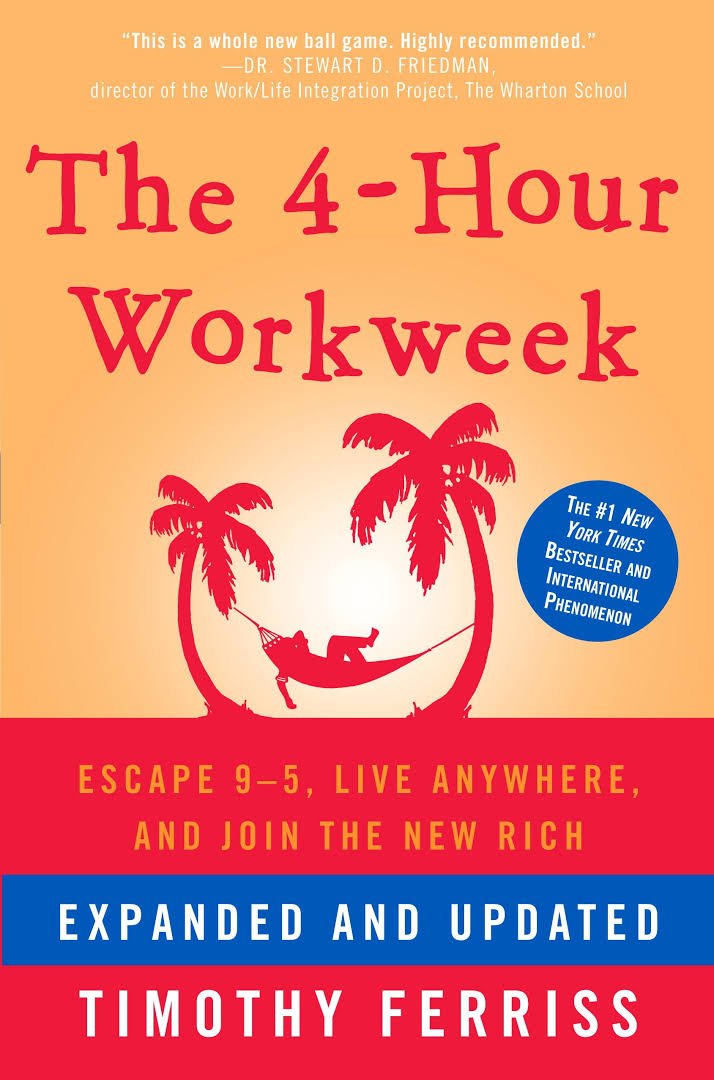
The 4-Hour Workweek has received harsh criticism from some since its release in 2007, while others have embraced it as a business and lifestyle bible. The fundamental argument is that it is unnecessary to wait until you are old to enjoy yourself, especially in these challenging economic times, and that the traditional ideas of retirement, postponed pleasure, and the 9-to-5 are out of date.
There are numerous important lessons to be learnt, despite the title's potential for misdirection. By automating and outsourcing significant portions of his firm, Ferriss was able to cut his working hours to only four per week while raising his revenue from $40,000 per year to $40,000 per month.
You will learn about productivity, time management, learning strategies, and most significantly, the idea of lifestyle design and how you can take charge of how your life looks, even if you have no interest in starting your own business.
Lean it
by Sheryl Sandberg
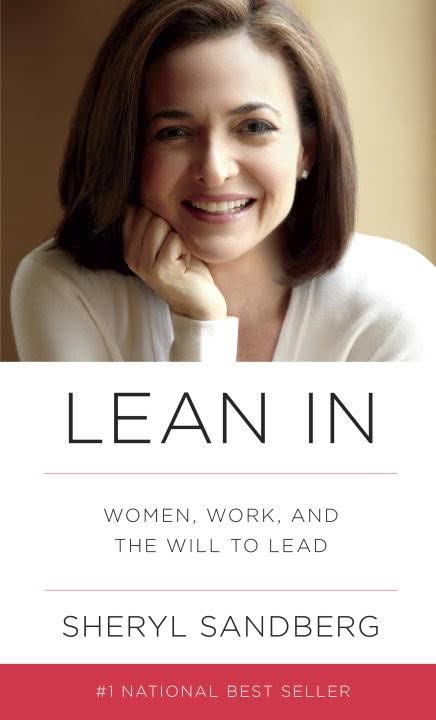
Lean In by Sheryl Sandberg, hailed as a contemporary feminist credo, ought to be required reading for both male and female students. In order to inspire other women to "lean in" and take a seat at the table, Facebook's COO and former Google executive discusses both her own experiences and those of other powerful women in business. Instead than merely lamenting the state of circumstances, she offers actionable suggestions on how women might overcome the barriers they encounter in the workplace. Find a spouse who will support your profession, let go of the ideal of "having it all," and start taking greater chances. Don't leave your career early simply because you want to create a family. Both men and women will discover priceless leadership principles that will guide you through your future profession.
Lean In for Graduates, Sandberg's most recent book, now includes a few chapters on job applications and pay discussions.
How to Win Friends and Influence People
by Dale Carnegi
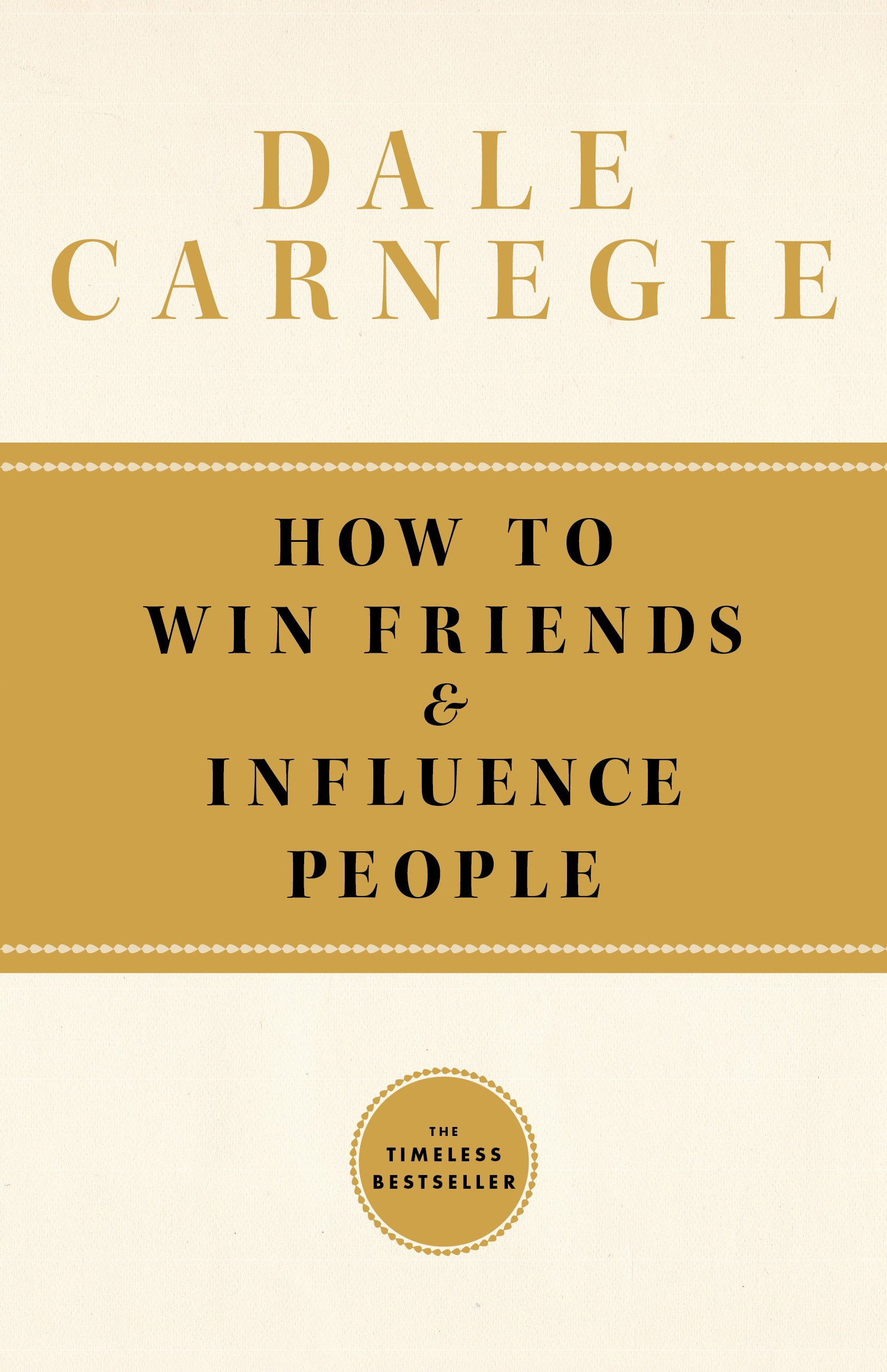
The timeless self-help book by Dale Carnegie, first released in 1936, continues to be relevant today. One of the most important lessons you can learn, no matter where you are in life—high school, college, or any stage of your career—is how to interact with other people. This book will show you how to handle interpersonal interactions, engage in meaningful dialogue with everyone you speak with, and persuade those who hold opposing views to your way of thinking. Learning how to be influential in your business and social life is crucial now more than ever, especially in the age of online influencers and social media.
Rich Dad, Poor Dad: What the Rich Teach Their Kids about Money That the Poor and Middle Class Do Not!
by Robert T. Kiyosaki

Financial education is one of the subjects that traditional schools most frequently overlook. A 2016 survey found that about two thirds of Americans are financially illiterate, meaning they are unable to respond to straightforward inquiries on debt, investment, and money.
The movie Rich Dad, Poor Dad Kiyosaki discusses his upbringing with two father figures who held essentially diametrically opposed ideas on money and finances. Despite having similar incomes, one father was able to invest well and give his children a legacy, but the other had a lifetime of financial difficulties. Kiyosaki distils the lessons he picked up from his "wealthy dad" into six key financial principles that everyone should be aware of.
The concepts in this book will change the way you approach and manage money for the rest of your life.
Final Thoughts
You may actively work on your mentality, happiness, job, relationships, and money with the aid of these 10 personal development books. It's never too early to begin making the changes necessary to live the life you genuinely desire.



You must be logged in to post a comment.